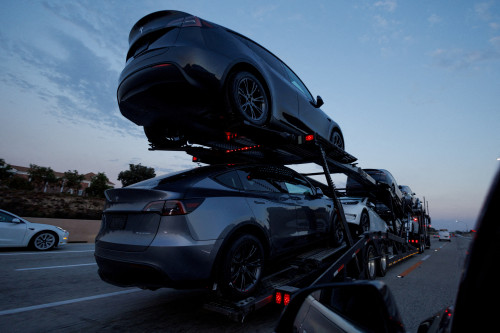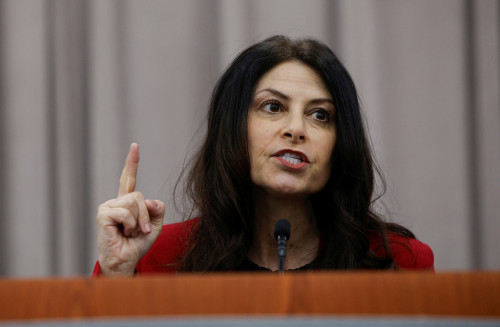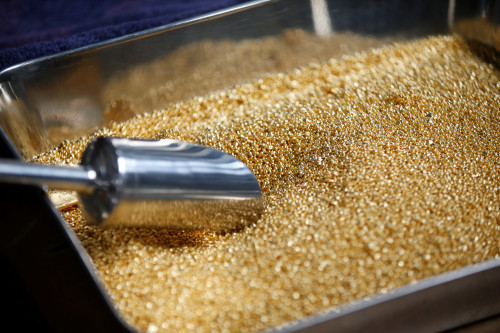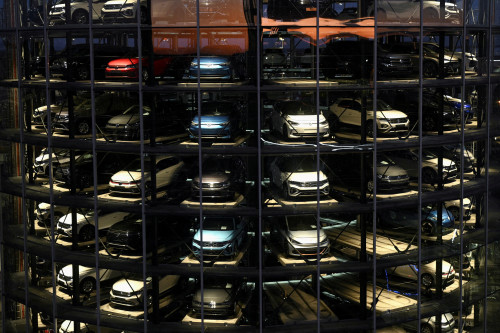
By Amir Orusov and Nick Carey
(Reuters) -Tesla’s sales dropped for the fifth straight month in Britain, Germany and Italy in May, underscoring the challenges the electric vehicle-maker faces over CEO Elon Musk’s politics and its model line-up.
Demand for the company’s new version of the Model Y – Europe’s best-selling car as recently as 2023 – will boost sales in June when UK deliveries start, a British company spokesperson said.
Tesla sales have plunged in some European markets and in China, as customers have favoured Chinese EVs because of their competitive prices and in some cases in protest at Musk’s political activities.
In Norway, however, the new Model Y, which the automaker has already started delivering there, has boosted sales. Deliveries of the revamped EV start this month in a number of other European markets.
In an email sent to some media outlets late on Tuesday, a spokesman for Tesla in Britain said the decline in May sales was because the automaker had sold its stock of old Model Y cars as it awaited the new version from its factory in Berlin.
Tesla has been “comfortably taking orders from customers” for the new Model Y in Britain, “with an increase expected” for its June sales, the spokesman wrote.
The revamped Model Y enhances Tesla’s ageing model range as traditional automakers and Chinese rivals launch EVs at a rapid pace.
Tesla sales in Germany fell by more than a third in May, the German road traffic agency KBA said on Wednesday, even though sales of fully-electric cars rose 44.9%.
KBA said Tesla sold 1,210 cars in Germany in May, down 36.2% from a year earlier. Sales from Chinese rival BYD increased ninefold to 1,857 units in May.
In the United Kingdom, Europe’s biggest EV market, Tesla’s sales fell more than 45% in May while industry-wide sales jumped 28%.
According to data from research firm New AutoMotive, the company was knocked into fifth place for EV sales behind Volkswagen, BMW and Volkswagen brands Audi and Skoda.
In Italy, Tesla sales fell 20% in May, while industry-wide EV sales rose 40.8%.
(Reporting by Amir Orusov; editing by Matthias Williams and Barbara Lewis)









